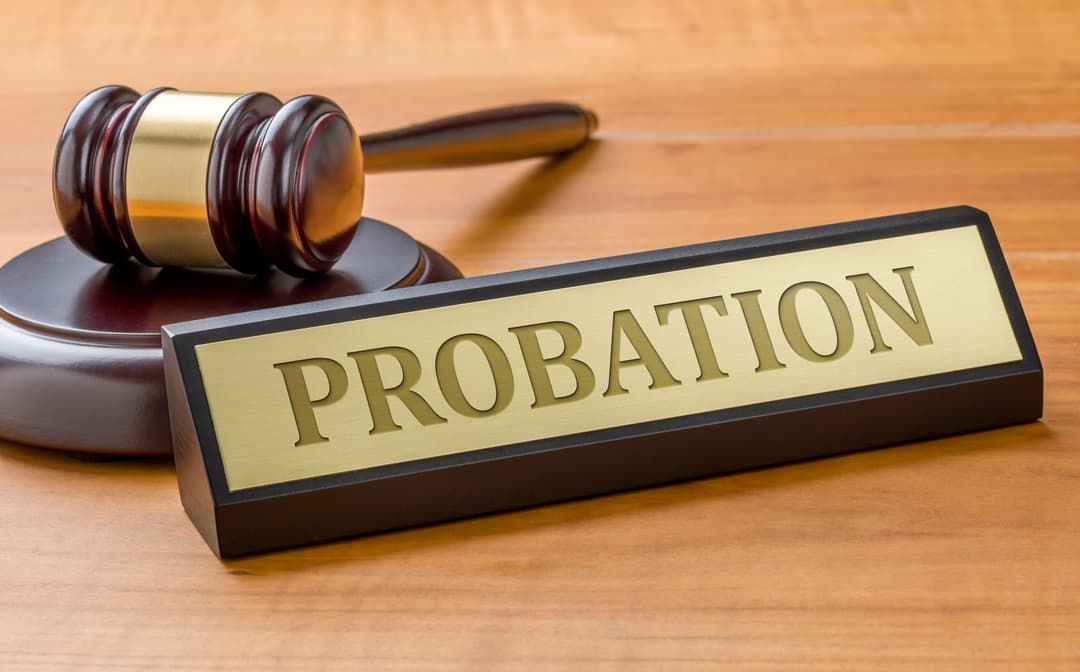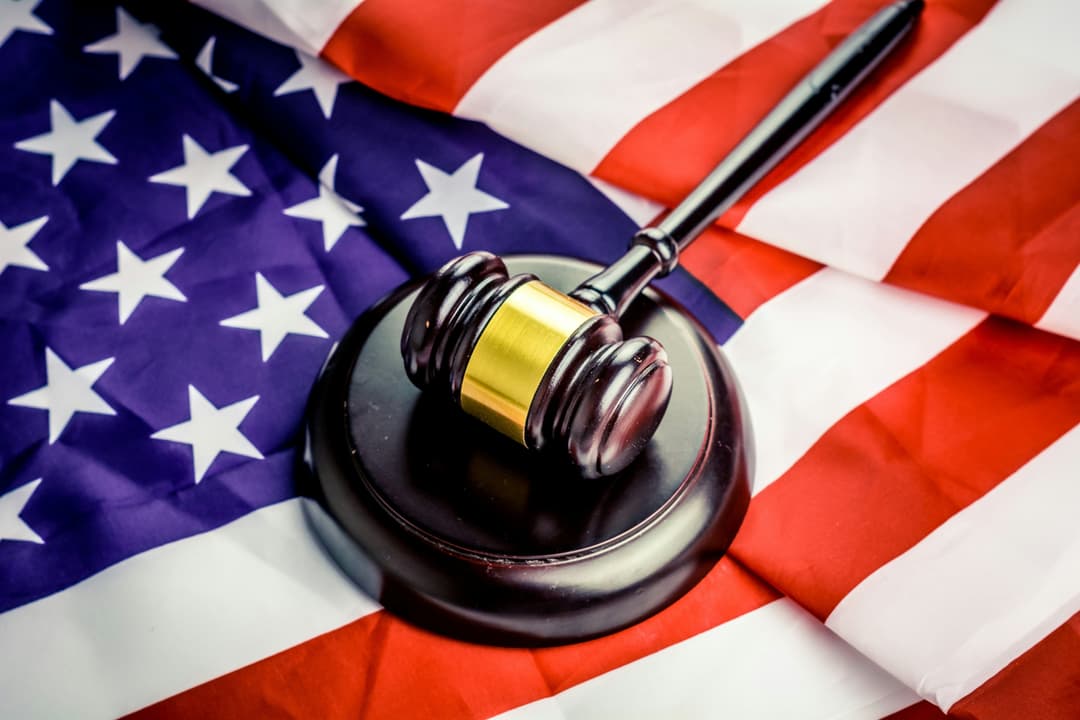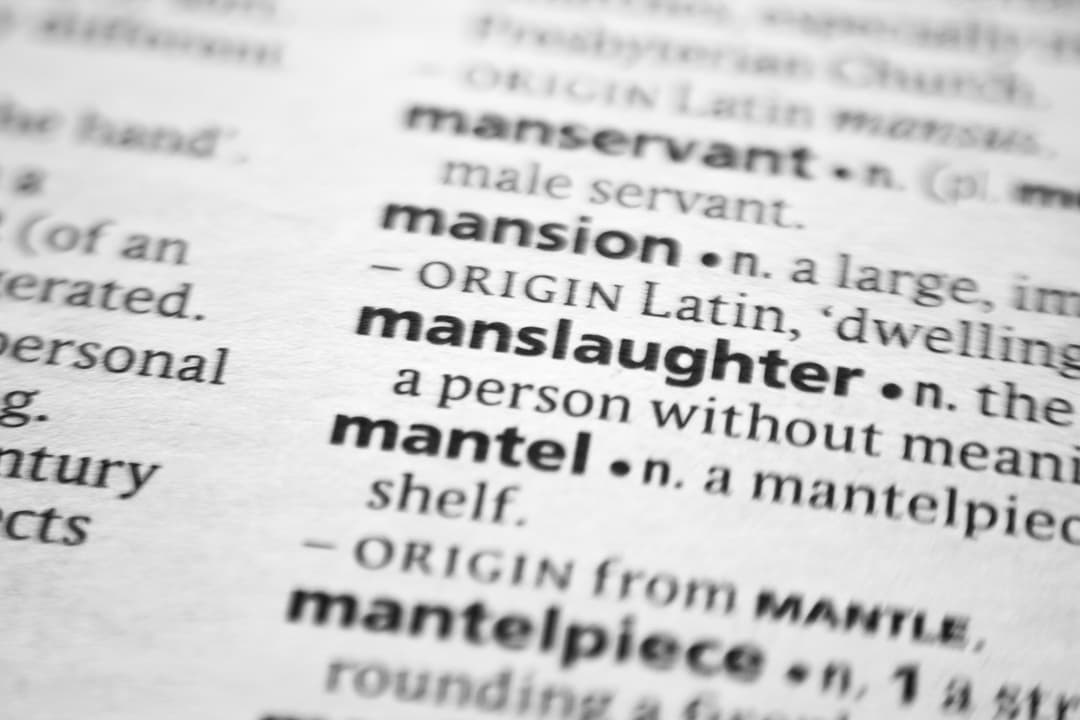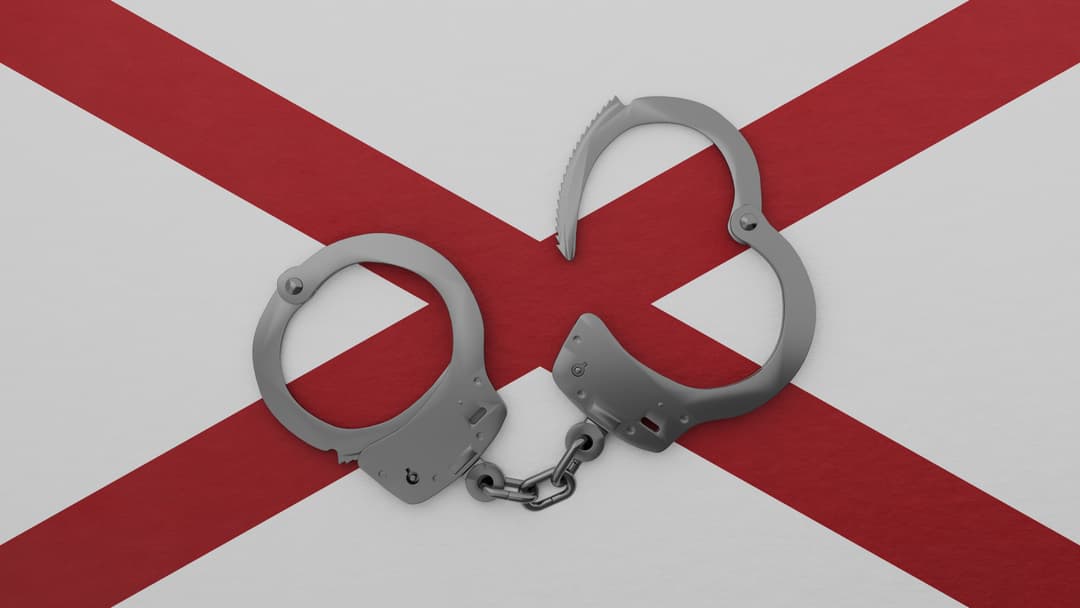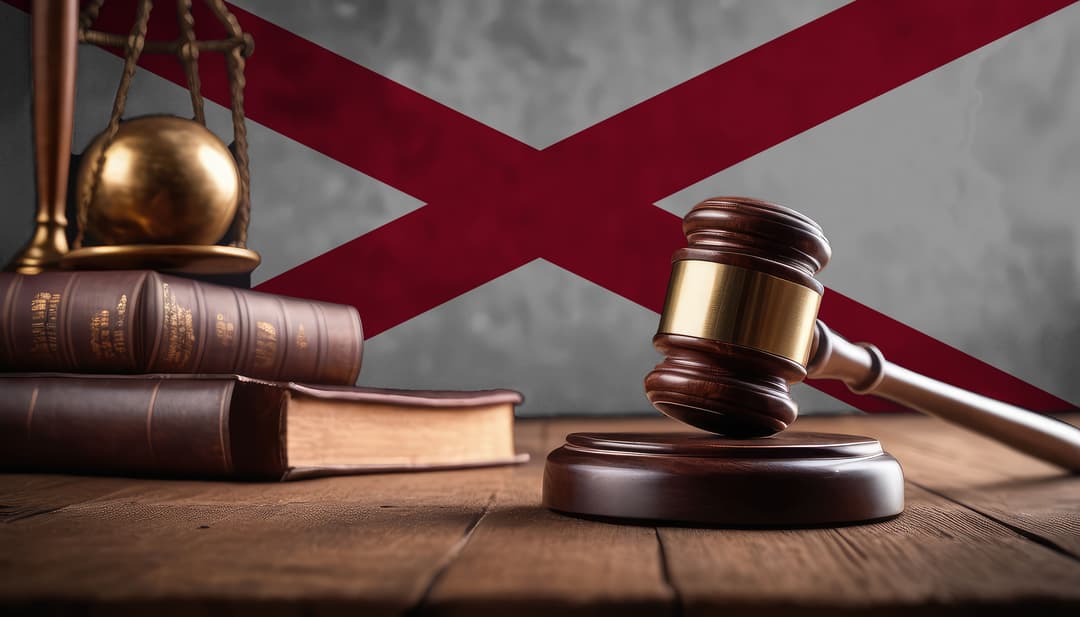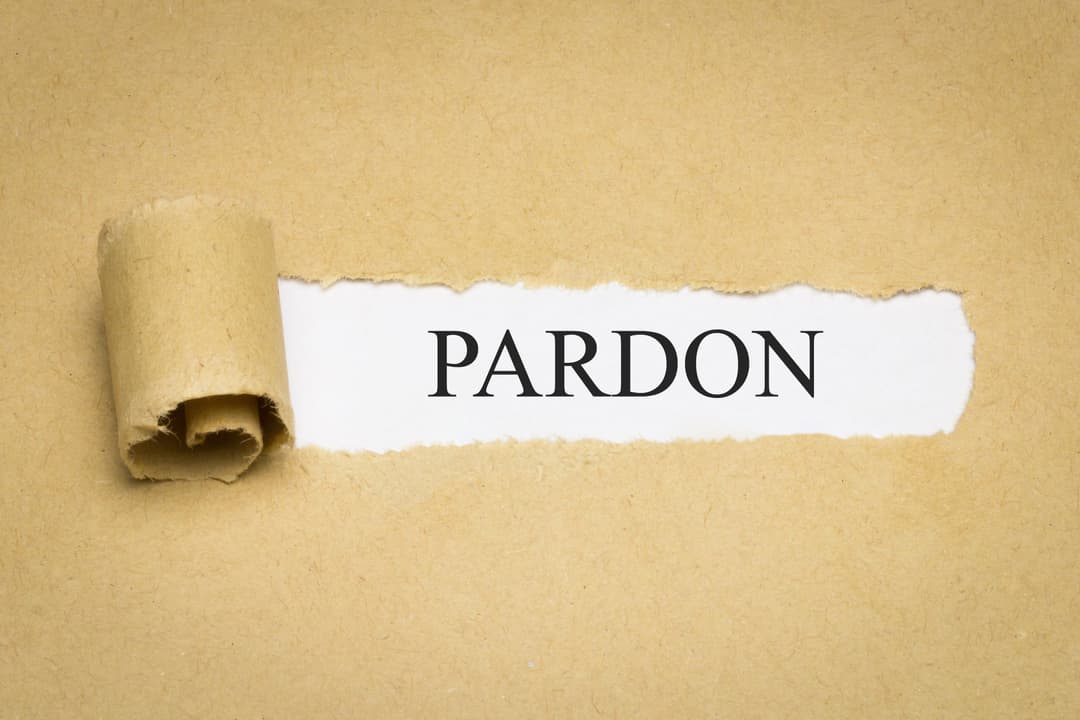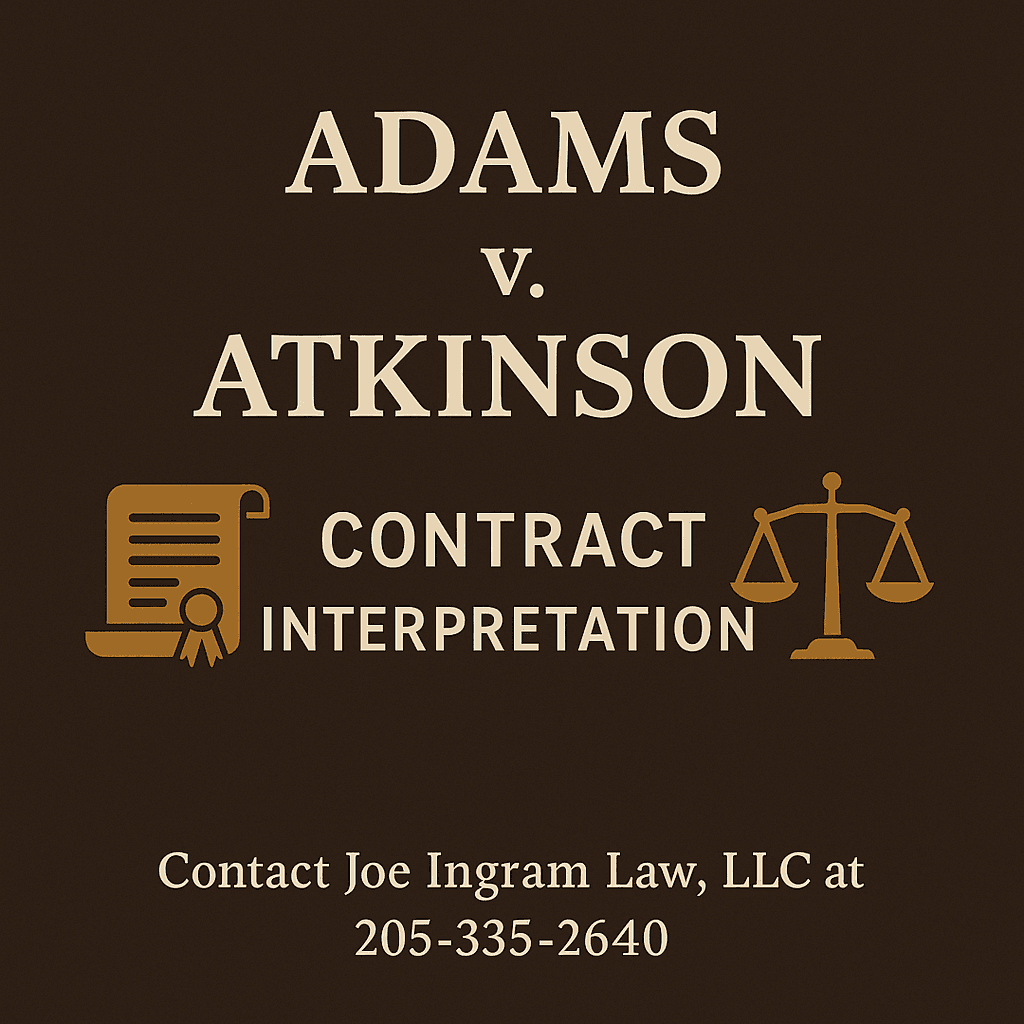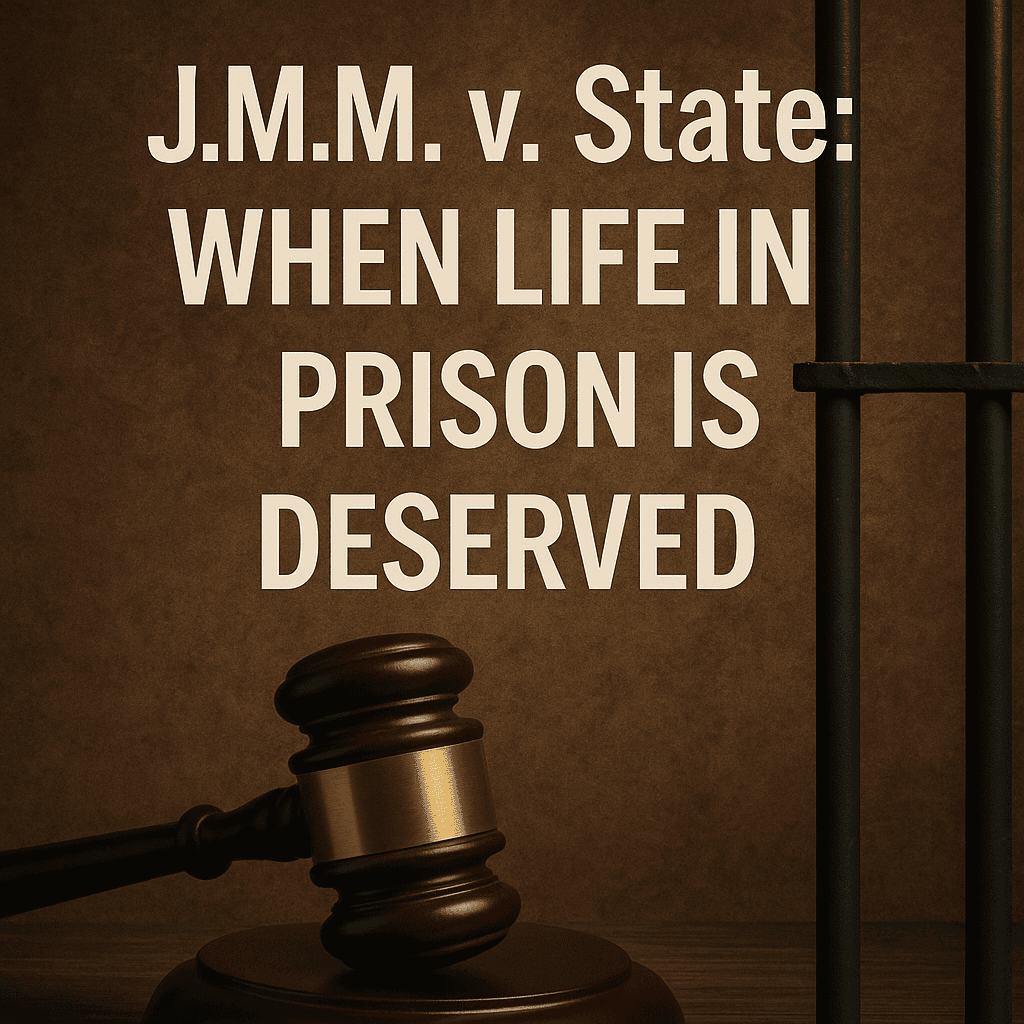
Running a business with a partner can be rewarding, but it also comes with challenges. When two or more people join forces, they bring different skills, resources, and perspectives to the table. Unfortunately, those differences can also lead to conflict. In Alabama, partnership disputes are among the most common sources of business litigation, and when left unresolved, they can threaten the survival of the company itself.
Understanding the causes of disputes, as well as the legal options for resolving them, is essential for any business owner. While some disagreements can be worked out through negotiation or mediation, others escalate into lawsuits that require court intervention. The key is knowing when to fight, when to compromise, and how to protect your long-term financial interests.
One of the leading causes of partnership disputes is disagreement over finances. Questions often arise about how profits should be distributed, whether one partner is taking more than their fair share, or whether expenses are being managed responsibly. In other cases, disputes center around allegations that one partner has misused business funds for personal purposes. These financial disagreements cut to the core of the relationship and can quickly destroy trust between partners.
Another common source of conflict is the unequal division of responsibilities. If one partner feels that they are carrying more of the workload while the other enjoys the rewards, resentment builds. Similarly, disputes often emerge when one partner makes significant business decisions without consulting the others. Even in partnerships with written agreements, vague or poorly drafted terms can leave room for interpretation and disagreement.
When disputes escalate, Alabama law provides several legal remedies. The most direct option is litigation, where one partner sues the other in civil court. In these cases, a judge may enforce the terms of the partnership agreement, award damages, or even order the dissolution of the business. Litigation can be a powerful tool when one partner has clearly violated their legal or contractual obligations. However, it also comes with drawbacks: court cases are expensive, time-consuming, and public, which can harm the reputation of the business.
Because of these risks, many business partners turn first to mediation. Mediation is a process where a neutral third party helps the partners negotiate a resolution. Unlike litigation, mediation is confidential, less expensive, and usually faster. The mediator does not make decisions but instead guides the discussion so the parties can reach their own agreement. For partnerships that wish to preserve their working relationship, mediation is often the best choice. It allows for creative solutions that a judge may not be able to impose, such as restructuring responsibilities or amending profit-sharing arrangements.
Arbitration is another alternative that some businesses choose, often because their partnership agreements require it. Arbitration is more formal than mediation but less formal than court litigation. An arbitrator hears both sides of the dispute and issues a binding decision. While arbitration can be quicker than court, it limits the right to appeal, which can be a disadvantage if the decision is unfavorable.
The success of any dispute resolution method often depends on the quality of the partnership agreement. A well-drafted agreement should clearly define how profits are shared, how decisions are made, and what happens if a partner wants to leave the business. It should also specify whether disputes must go through mediation or arbitration before going to court. Unfortunately, many small businesses operate with handshake deals or vague contracts, leaving them vulnerable when conflicts arise.
When litigation does become necessary, courts in Alabama will look at the specific facts of the case, the partnership agreement, and the conduct of each party. For example, if one partner can show that the other breached fiduciary duties — such as the duty of loyalty or duty of care — the court may award damages or order a buyout. Fiduciary duties are critical in partnerships because each partner must act in the best interests of the business, not just their own. Evidence that one partner diverted opportunities or misused assets can significantly impact the court’s decision.
Business disputes can also spill into related areas of law. For example, if the business is facing outside litigation from customers or competitors, a partnership conflict may make it difficult to mount a defense. Disputes can also complicate divorce proceedings if one partner’s spouse has an interest in the business, or they can trigger bankruptcy filings if debts spiral out of control. For these reasons, resolving disputes quickly and effectively is often in everyone’s best interest.
From a strategic perspective, choosing the right attorney is one of the most important decisions a business owner can make in these situations. An attorney with both litigation and business experience understands not just the legal rules but also the financial realities at stake. A background in accounting and finance, for example, can make all the difference when reviewing complex records or uncovering hidden assets. The ability to take a case to trial is also critical, because the other side is more likely to settle when they know your attorney is prepared to fight in court.
Ultimately, the best approach to partnership disputes in Alabama is prevention. Drafting a clear, detailed agreement at the outset of the business relationship is far less costly than litigating disputes down the road. Regular communication, transparent financial reporting, and legal review of contracts can prevent many conflicts from arising in the first place. But when disputes do occur, acting quickly to seek legal advice is essential. Waiting too long can allow problems to fester, making resolution more difficult and expensive.
Business disputes are an unfortunate reality for many partnerships, but they do not have to spell the end of your business. With the right strategy and strong legal representation, it is possible to resolve conflicts, protect your investment, and move forward. Whether through mediation, arbitration, or litigation, the goal is always to secure a fair and lasting outcome.
If you are facing a partnership or business dispute in Alabama, do not wait until the situation escalates beyond repair. With years of litigation experience and a strong background in business and accounting, Joe Ingram has the skills to protect your interests and guide you through every stage of the process. Contact Joe Ingram today to safeguard your business and your future.









